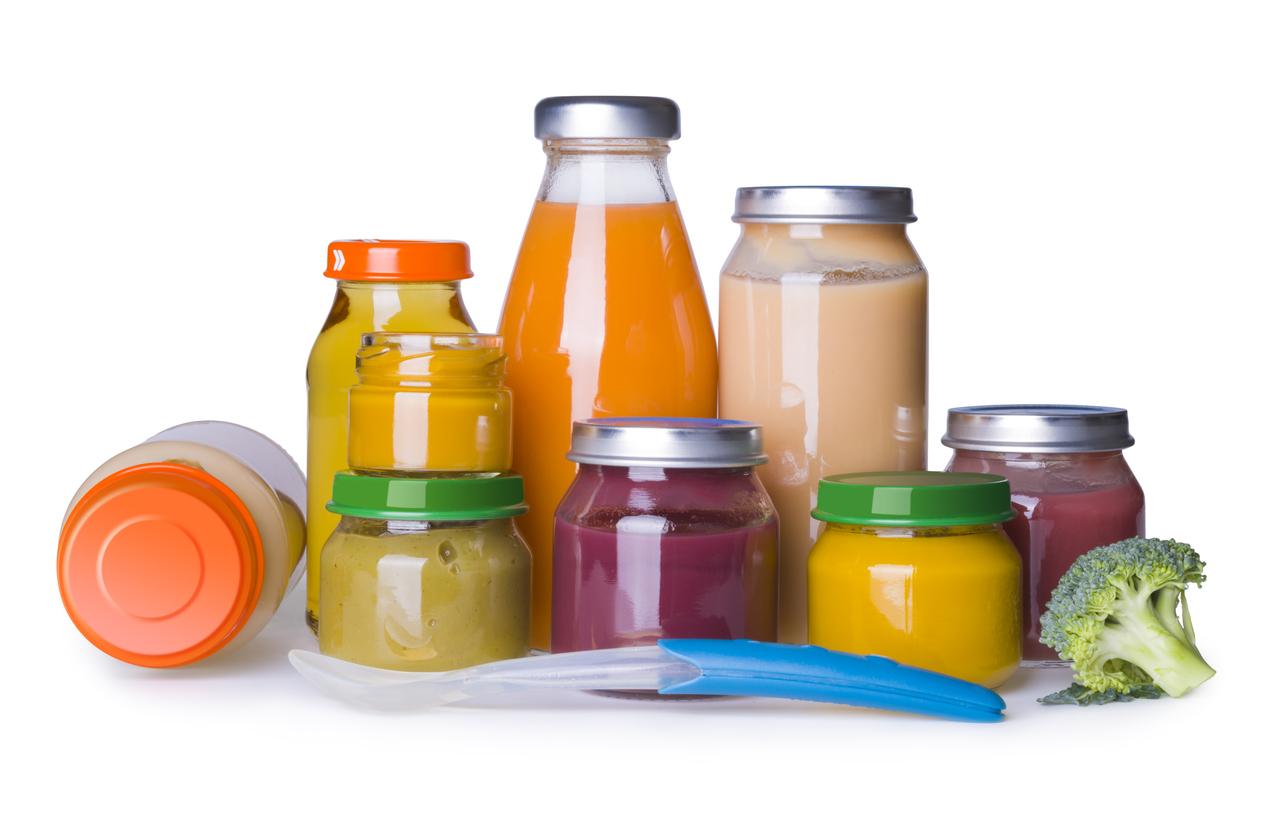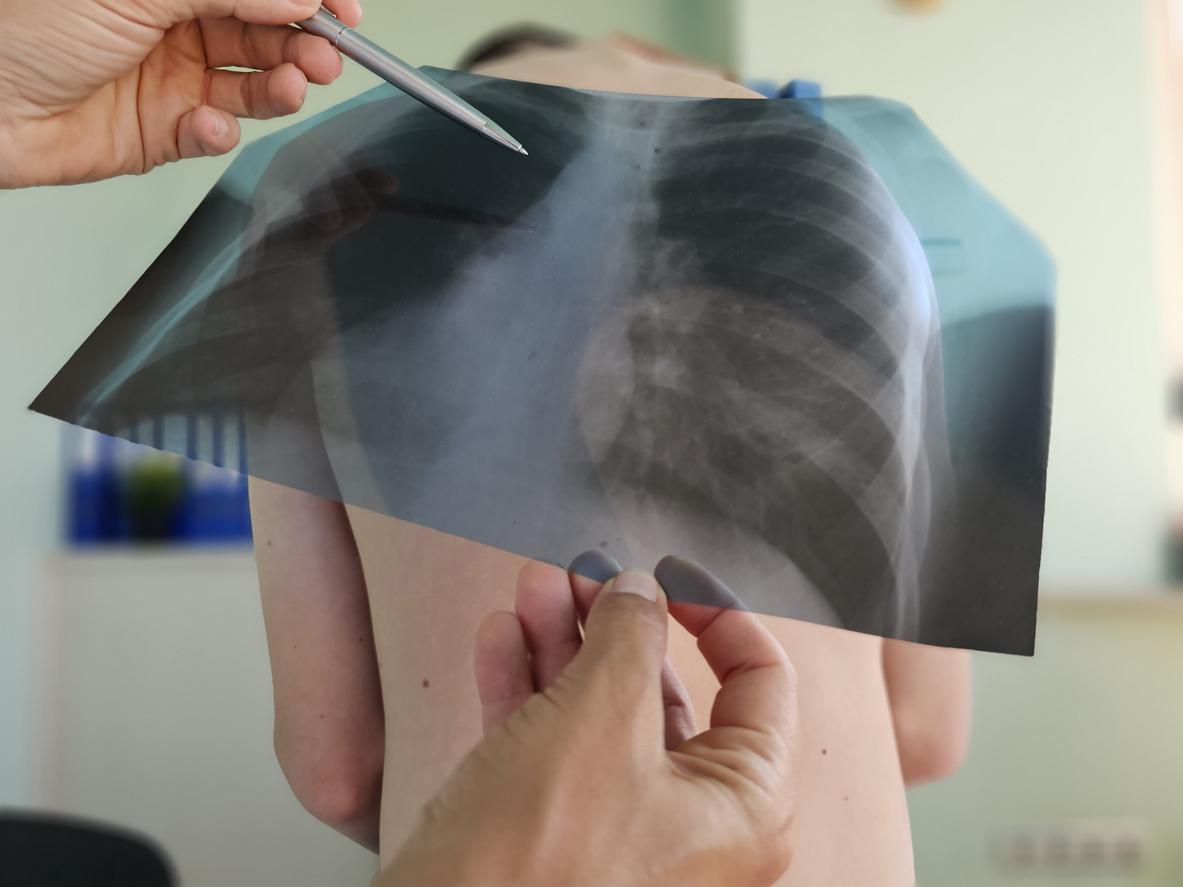Several food products marketed this month are subject to a recall for contamination with Listeria monocytogene, the bacterium that causes listeriosis. They should not be eaten.

- Listeriosis is a disease caused by the bacterium Listeria monocytogenes which is mainly transmitted through food.
- It can sometimes be serious and the incubation period can be up to eight weeks. To treat it, antibiotics are prescribed to patients.
- Each year, approximately 300 cases of listeriosis are recorded in France and numerous product recalls are triggered to prevent it.
A number of food products are affected by a recall this week and should not be eaten, due to a risk of contamination with the bacterium Listeria monocytogene, the pathogen responsible for listeriosis.
Cheeses, ham, sausage, prawns… which products are recalled?
In the list of foods withdrawn from sale, published by the government site Rappel Conso, there are two cheeses. Grated Emmental cheese 29% fat 200gfrom the Biocoop brand (batch no. GD003GD1, use-by date: 12/02/2023), and Munster AOP with raw milk from the Laiterie de la vallée de Munster – Fromagerie Lehmann brand (bundles 293 and 307whose DLC runs from December 8 to January 31 and from January 23 to 7).
The rindless cooked superior hamdefatted 720g from the METRO CHEF brand (lots 1127955, 1128085 and 1128259, with a use-by date set at December 31, 2022) is also affected by a product recall for contamination with Listeria, as well as the Straight smoked garlic sausage Francilin 1.3kgx6 from the Les Salaisons Régionales brand (lot 22344, DLC set to 7/12/2022) and the creole shrimp trayssold unbranded in the Creole animation stand of several major distributors (lot 22332, DLC set 5/12/2022).
All these products, marketed throughout France, must no longer be consumed and must be destroyed or returned to the store. If reported, they can be exchanged or refunded.
Listeriosis: a disease that can sometimes lead to serious forms
People who have already consumed these products and who have a fever, with or without headaches, and body aches, are invited to consult their doctor, notifying him of this consumption, indicates the government site Rappel Conso. Listeriosis can also cause digestive disorders (nausea, diarrhea, vomiting).
The disease can sometimes lead to serious forms. Pregnant women as well as immunocompromised people and the elderly should be especially alert to these symptoms. These present “a ground allowing the bacterium to develop more easily”, reminds the National Food Safety Agency (Anses). Neurological complications, such as meningitis or encephalitis, may occur and negatively impact the patient’s chances of survival. Listeriosis can also cause intrauterine or cervical infections in pregnant women, which can sometimes lead to miscarriage.

















